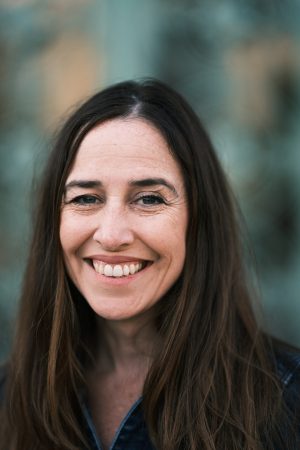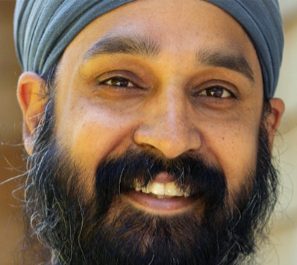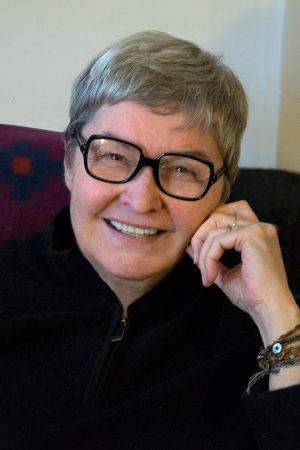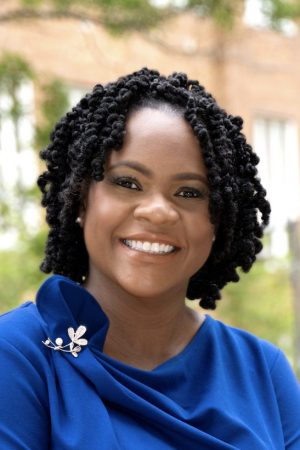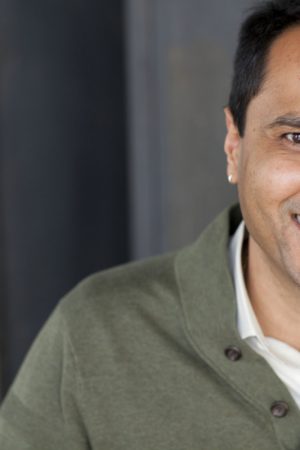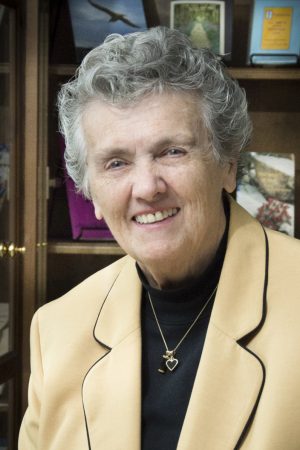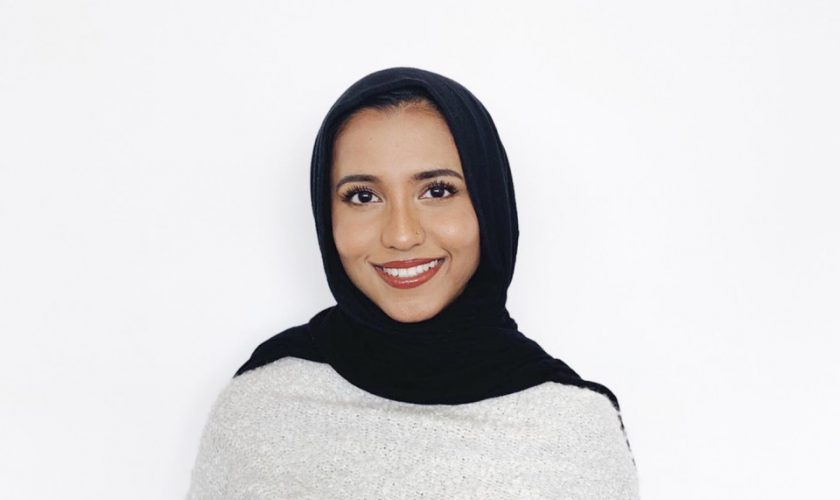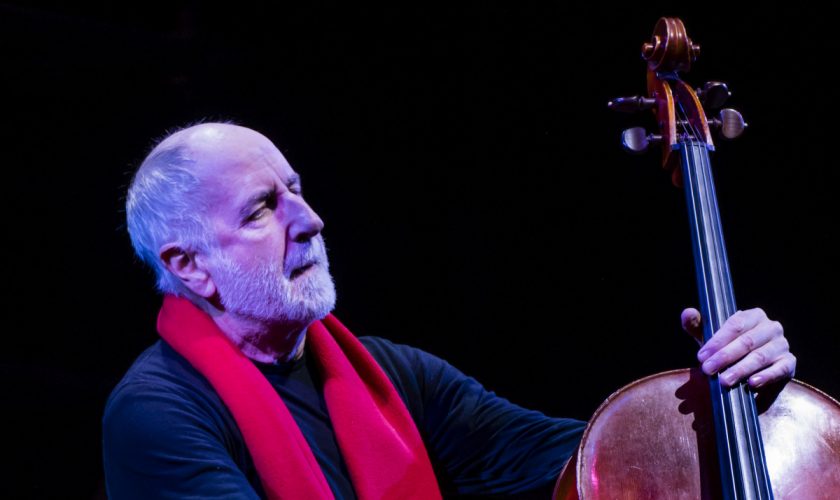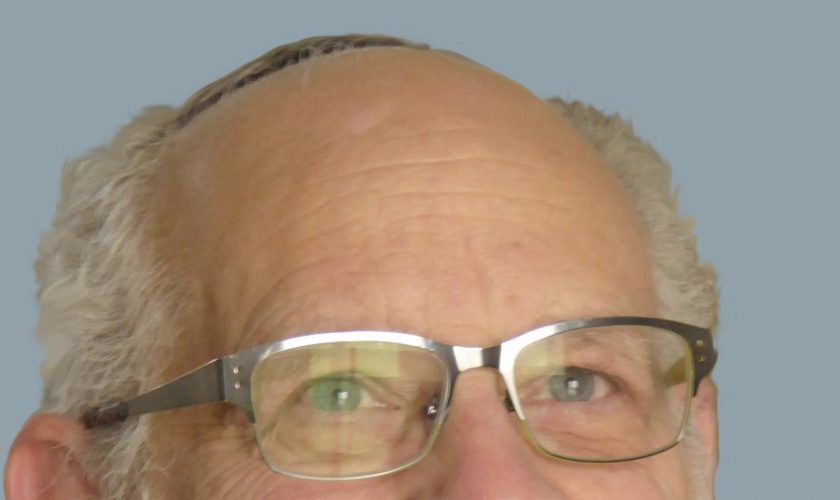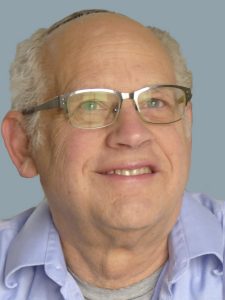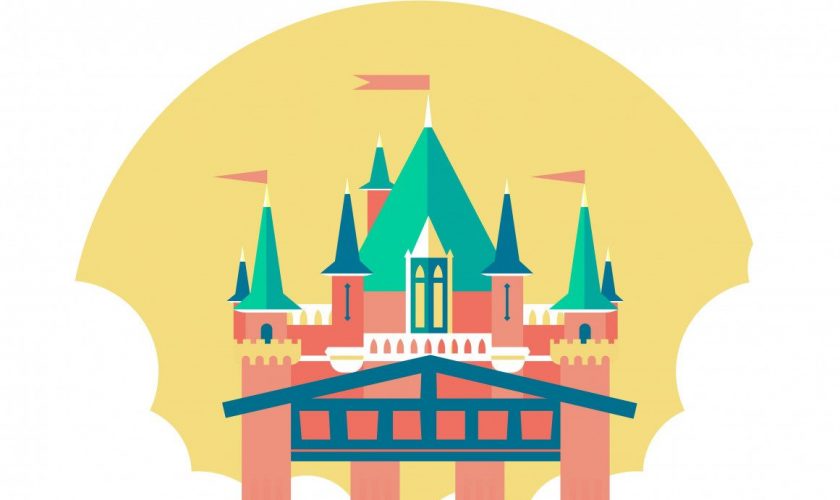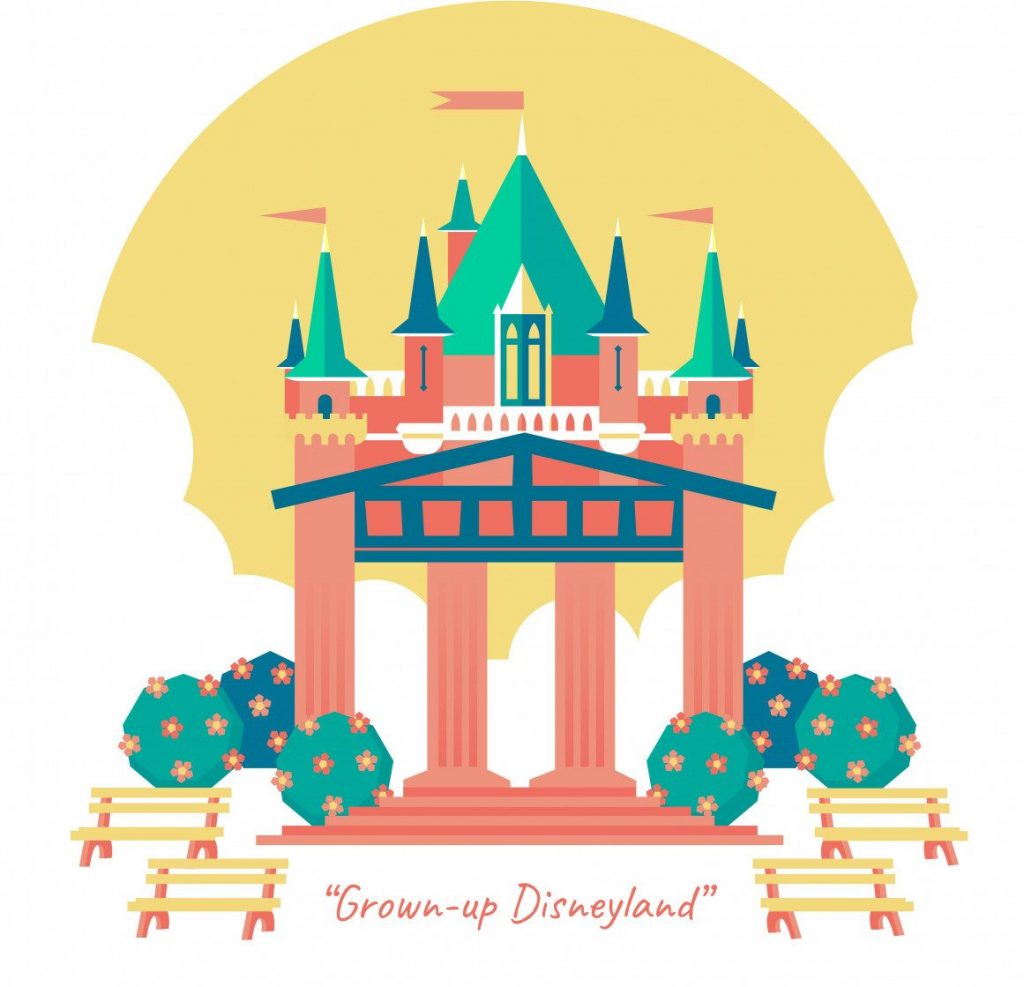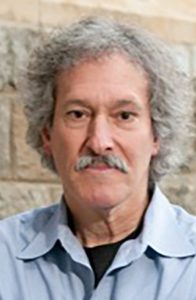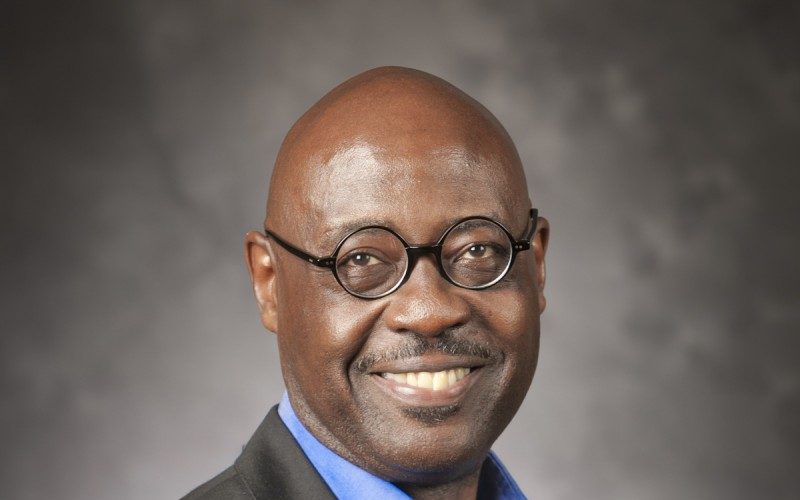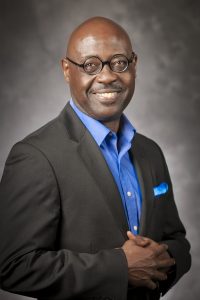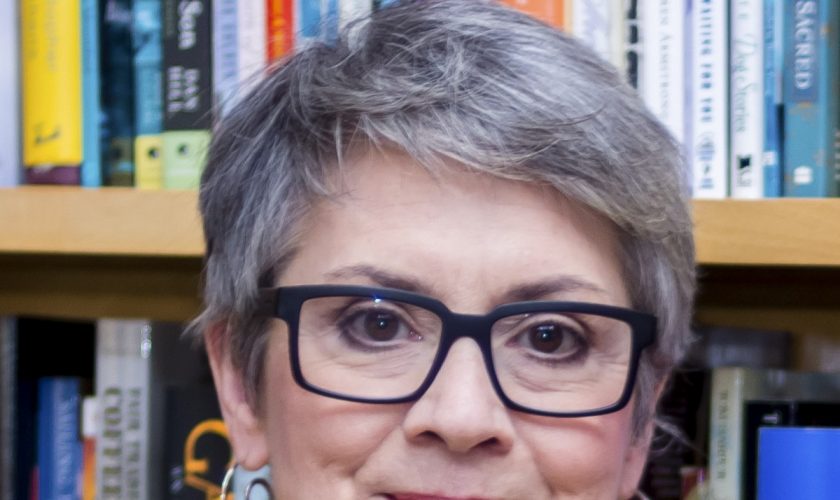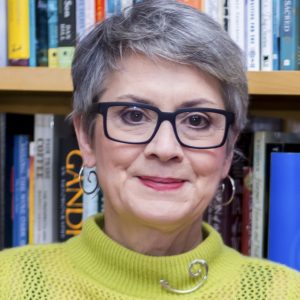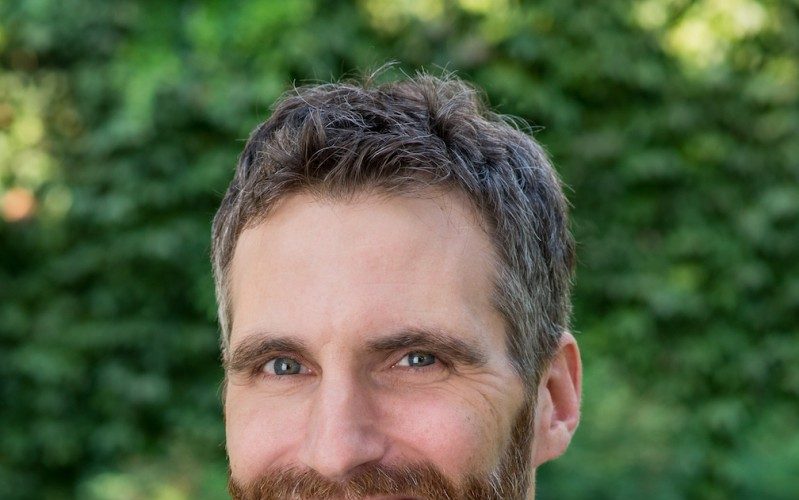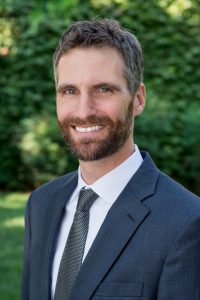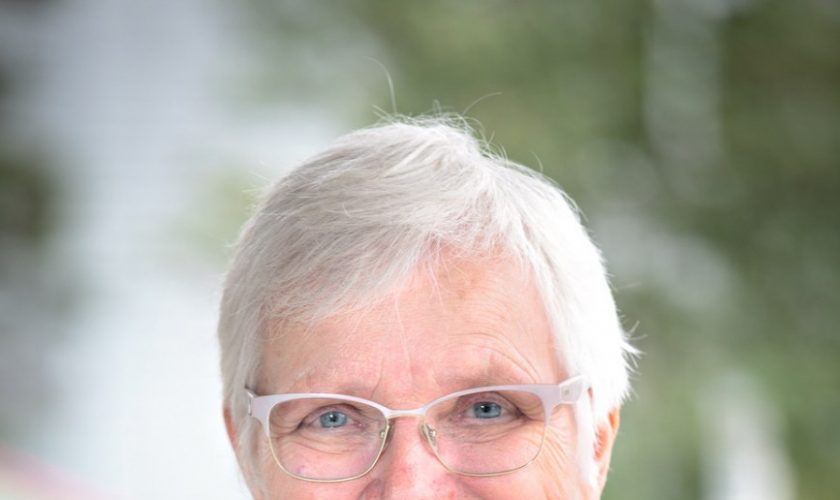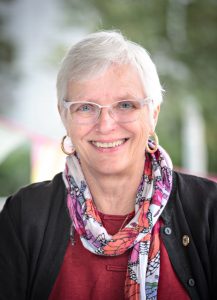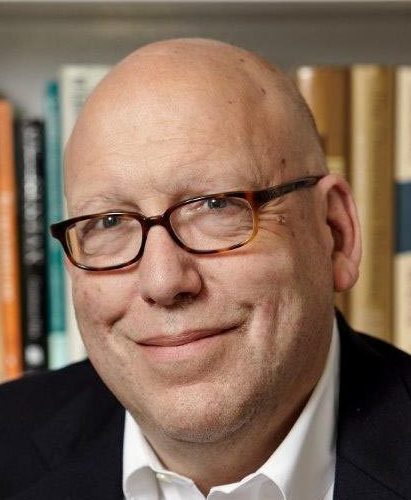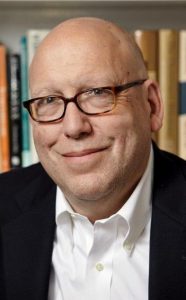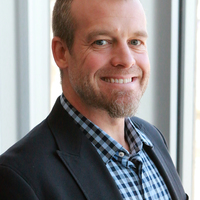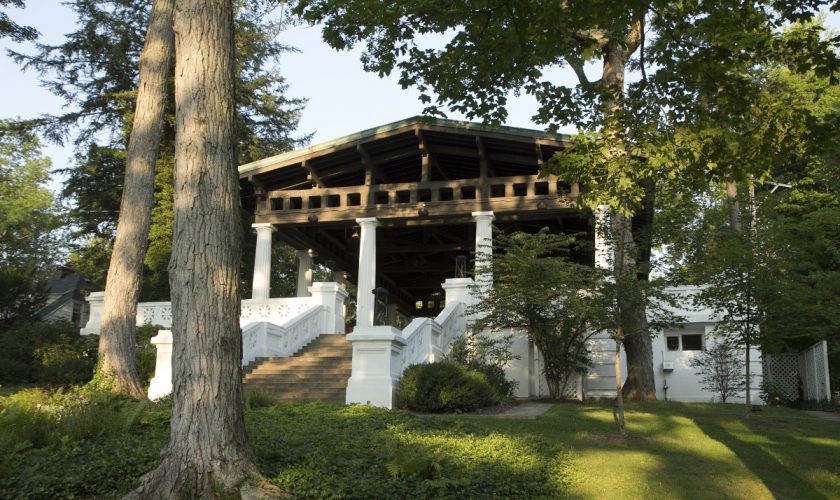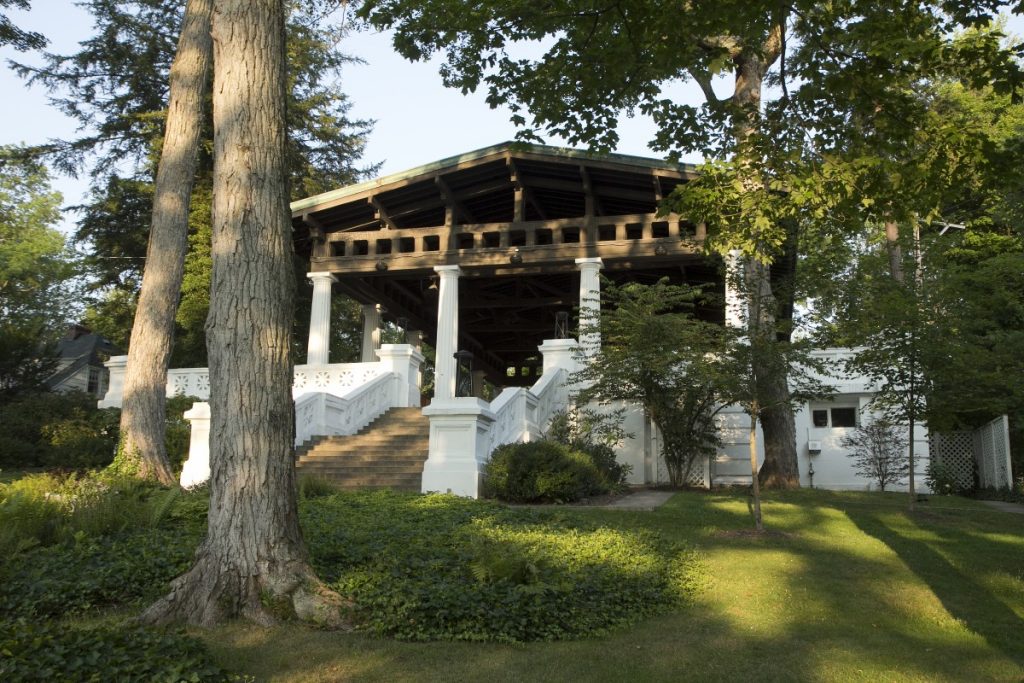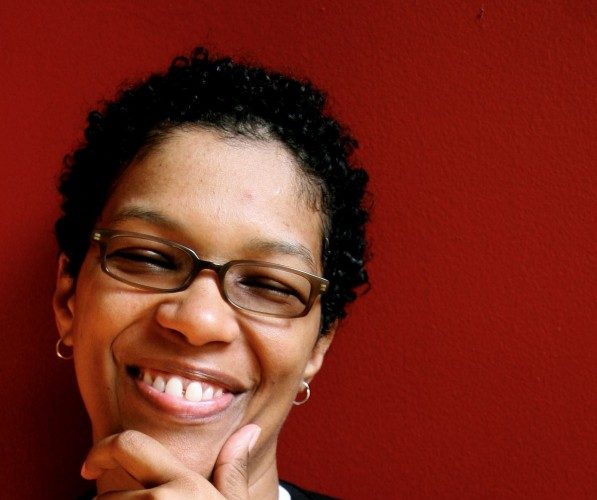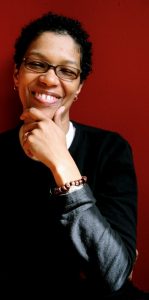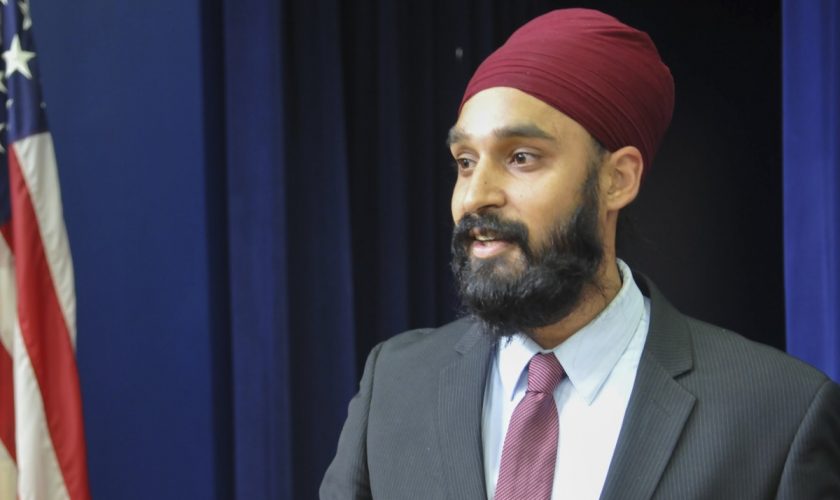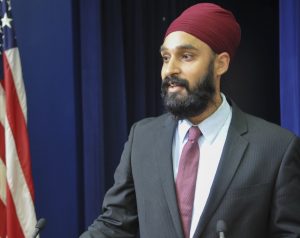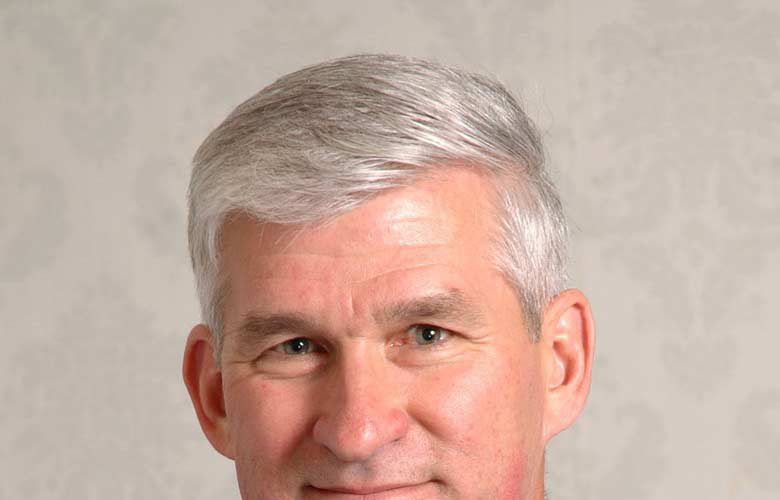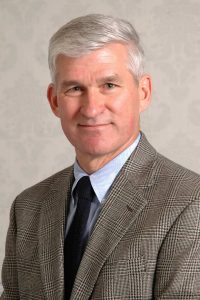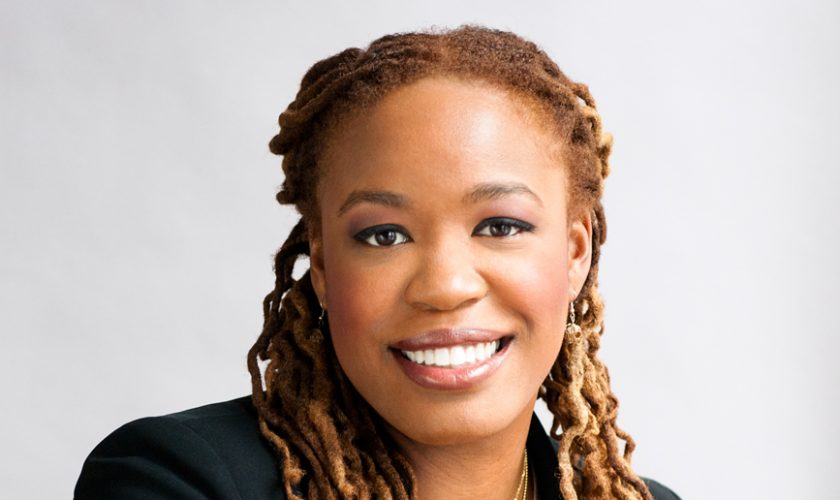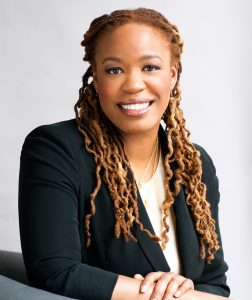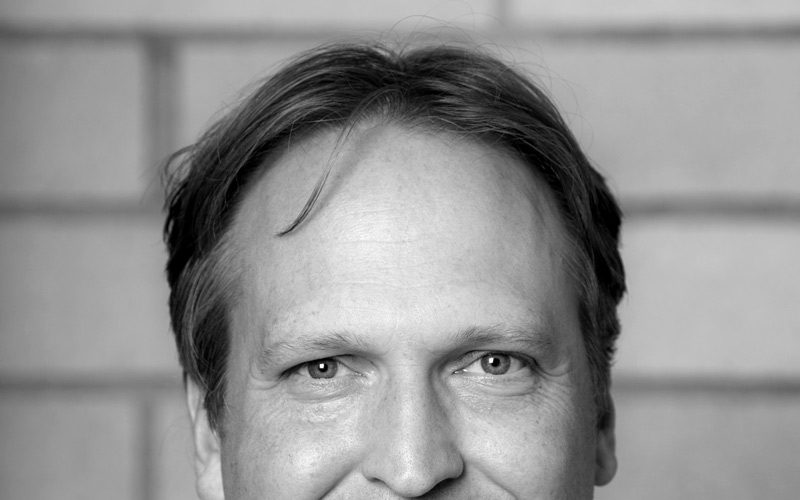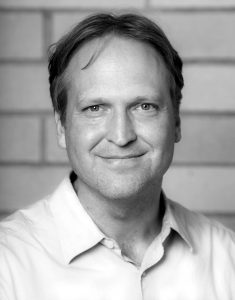Azzah Sultan received her MFA a few months ago from Washington State University. But she has already shown her work in exhibitions in Paris and across the United States in the states of New York, Washington, Maryland and Connecticut.
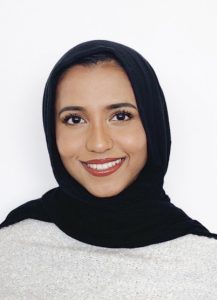
Now, she will showcase her work virtually through the CHQ Assembly Video Platform in her lecture, “Navigating Culture and Faith Through Art.”
To reach outsiders’ misunderstandings of her religion and culture, Sultan’s latest work puts traditional Malay and Islam prints — batik wax print, headscarves and prayer rugs — front and center. It moves her viewers beyond the misconception that Islam’s customs oppress her and other Muslim women, which she will discuss in her lecture at 2 p.m. EDT on Thursday, July 16, for Week Three’s Interfaith Lecture Series theme: “Art: A Glimpse into the Divine.” Viewers will be able to ask questions during the lecture and subsequent Q-and-A at questions.chq.org and on Twitter at #CHQ2020.
Sultan received her BFA from Parsons School of Design in 2016. The Malaysian native was born in Abu Dhabi and grew up in Malaysia, Saudi Arabia, Finland and Bahrain.
She first moved to the United States from Malaysia to study fine arts at The New School’s Parsons School of Design at 16 years old. In true-to-form fashion as a 15-year-old girl, she included the former boy band One Direction in the lower corner of a piece she submitted for her portfolio application to Parsons in 2013. While this specific element was not unexpected for a 15-year-old girl at the time, the piece dealt with thoughtful themes of beauty within society.
At 23, she has spent the last six years in the United States practicing and showcasing her art, which has been featured in 18 exhibitions and two solo shows.
In 2016, she handstitched a U.S. flag out of headscarves donated by women across the country.
“The act of me hand stitching these scarves together brought the different backgrounds and stories of these women into one piece,” Sultan said in an interview for HuffPost. “This is a testimony of coming from various backgrounds but still sharing the common idea of being a Muslim and an American.”
In 2018, she partnered with Adobe Project 1234 to create an ATTN: video titled “I Fear” featuring her work and her voice.
“I fear praying in public by myself because others might think I am up to no good,” Sultan said in the video’s voiceover. “You fear that my culture will integrate into your lifestyle. You fear my foreign tongue because it is too alien. You fear that my abnormal practices will infiltrate how you live your life.”
Since then, she has completed various exhibitions in New York, but the COVID-19 outbreak forced her most recent installation, her MFA thesis titled “Anak Dara,” onto an Instagram Live virtual reception on March 29.
“Anak Dara” in Malay translates to “young, unmarried child,” which Sultan’s mother calls her as a term of endearment. The installation is about Sultan reclaiming her understanding of her culture after leaving home.
The first part of the installation, called “Membalut,” includes three performance videos that Sultan created, played on tube TVs wrapped with Malaysian batik prints. Sultan purchased many of the items included in the installation in Malaysia while visiting home during winter break.
If a viewer were to experience it in person, they would kneel on one of three prayer rugs, one in front of each TV, to watch each performance. But underneath the TVs is a larger single plastic mat “commonly used in the homes of brown families,” she said in a virtual Instagram Live reception of the installation. She found the mat in an Idaho thrift store.
In one performance video, covered in a greenscreen suit, she plays with her mother’s jewelry. In another, she is invisible and blends into a distorted batik print background behind her as she puts on a square headscarf like her mother does (Sultan said she prefers wearing hers in a different way).
For the first performance video, Sultan filmed herself in a greenscreen suit while folding a sarong in a traditional method from a village back home.
“You can’t see me at all, and you only get a sense of what my identity is through the fabric and through the print,” Sultan said during the virtual reception.
This program is made possible by the Mackenzie Fund for Chautauqua.

